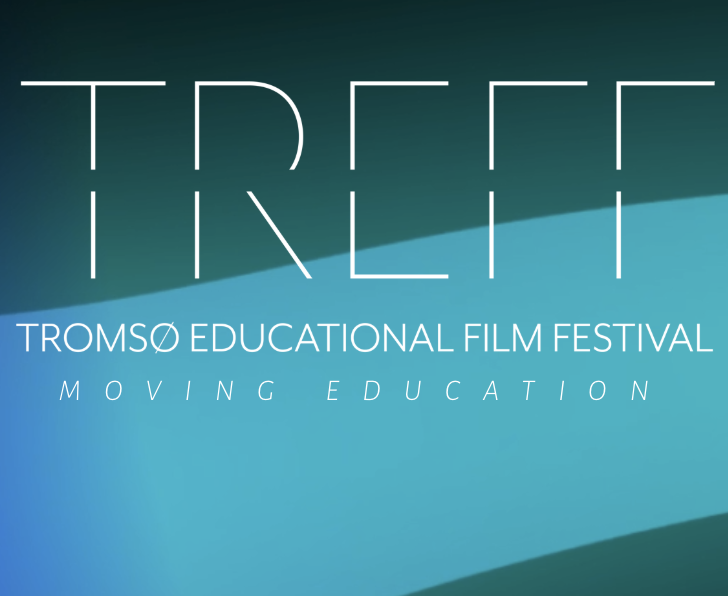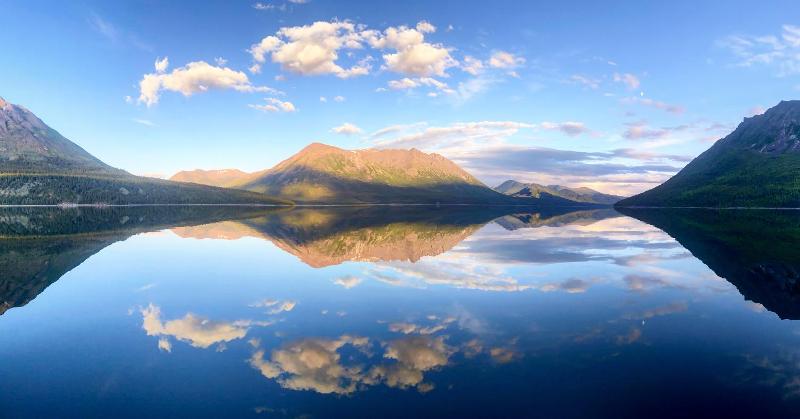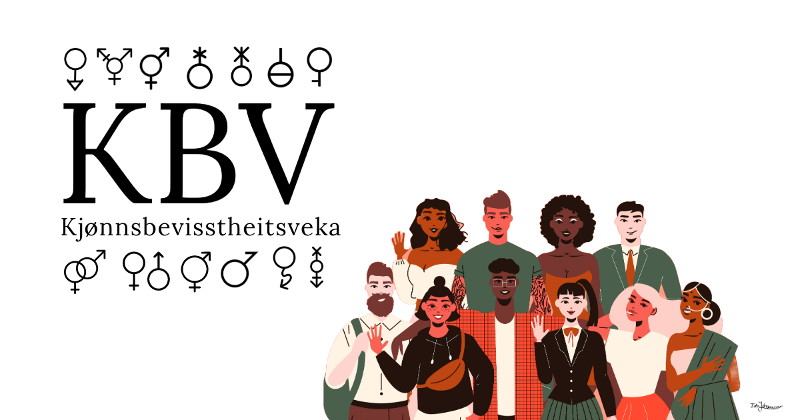News






CRAFT lab. Knowledge Integration and Blue Futures
EnvHum - Environmental Humanities
EnvPhil - Environmental Philosophy
ICRED - Intercultural relations in education
INREL - Indigenous Religion(s): Local Grounds, Global Networks
Interdisciplinary Phenomenology
KVENSK - Faglig nettverk for forskning og kunnskapsutvikling om kvenske tema
Narrating the Postcolonial North
PSIF - Pax Slavica in Flux: European Contexts
SamForsk - Research on Sámi Research and on Representation of Sámi Cultural Heritage
SESAM - Centre for Sami Studies
STED - Place, power and mobility
XARC - Exploration, Exploitation and Exposition of the Gendered Heritage of the Arctic
If your research environment is interested to join the Centre for Arctic Humanities, please contact Lilli Mittner: lilli.mittner@uit.no.
UiT's Centre for Arctic Humanities was initiated in 2023 by the Faculty of Humanities, Social Sciences and Education, The Arctic University Museum of Norway, Academy of Arts, and the University Library. ArcHum is a response to the challenges in the Research Council's evaluation of the humanities in Norway and a Norwegian parliamentary report on the Humanities in Norway (2016-2017), as well as to UiT's humanities strategy (2021), and UiT's strategy Eallju – Developing the High North: UiT’s strategy towards 2030 (2022).
Archum progress report (in Norwegian)
Anne Britt Flemmen, Dean of the Faculty of Humanities, Social Sciences and Education
Lena Aarekol, Director at The Arctic University Museum of Norway and Academy of Fine Arts
Johanne Raade, Director at the University Library
Tim van Gerven, Associate Professor of Nineteenth-Century History and Vice-Dean for Research, Faculty of Humanities, Social Sciences and Education
Trude Fonneland, Professor, Arctic University Museum of Norway
Per Pippin Aspaas, Senior Academic Librarian, Department for Research and Education Support, University Library
Ann Therese Lotherington, dementia researcher
Joar Vittersø, happiness researcher
Jorge Santos, marine ecologist
Janke Klok, literary scholar
Scientific coordinator | Dieđalaš koordináhtor | Faglig koordinator
Lilli Mittner
